“Smart, sly and compelling, with a fascinating main character, the very definition of intelligent suspense.” –Lee Child
MANHATTAN, New York– Award-winning author Charles Salzberg makes an explosive return with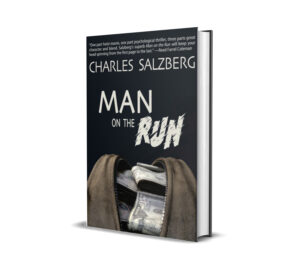 an intricate cat-and-mouse chase between Francis Hoyt, expert burglar and fugitive on the run, and Dakota Richards, a tenacious true crime podcaster desperate for an exclusive. “Man on the Run” (April, 17th, 2023, Down & Out Books) is an absorbing crime novel which examines America’s obsession with winning, no matter how deadly the cost.
an intricate cat-and-mouse chase between Francis Hoyt, expert burglar and fugitive on the run, and Dakota Richards, a tenacious true crime podcaster desperate for an exclusive. “Man on the Run” (April, 17th, 2023, Down & Out Books) is an absorbing crime novel which examines America’s obsession with winning, no matter how deadly the cost.
Francis Hoyt, a daunting career criminal, is on the loose. Having masterfully escaped from his court appearance, Hoyt, now a fugitive, relocates to the West Coast to lick his wounds. Meanwhile, former newspaper journalist Dakota Richards embarks on her passion project: a true crime podcast. A year into her new career, she takes a deep dive into the life of the elusive Francis Hoyt. Hoyt, arrogant and desperate to get back in the limelight, taunts Dakota, dangling the possibility of cooperating with her project. Meanwhile, Hoyt is approached by a shady mob lawyer who offers him a lucrative job: breaking into a “mob bank” and liberating the contents. As Hoyt meticulously plans the break-in, Dakota unearths Hoyt’s past and crosses paths with his nemesis: retired state investigator Charlie Floyd, who is on the hunt for Hoyt. As the lives of the fugitive, cop, and journalist become entangled, it’s only a matter of time before their dangerous game turns lethal. 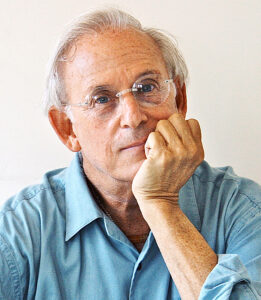
Charles Salzberg, who rarely leaves the island of Manhattan where he was born and raised, began his literary life in the mailroom at New York Magazine, thinking somehow it would lead to his real dream: writing the Great American Novel. Restless, and too young (and stupid) to realize the consequences, he left the magazine after only three months and began life as a freelance magazine writer, with absolutely no idea what he was doing.
After a successful career as a magazine journalist for New York Magazine, Esquire, GQ, Redbook, New York Times etc., book reviewer, nonfiction book writer, he made a move to fulfilling that dream of becoming a novelist when his first novel, Swann’s Last Song, was published and wound up being nominated for a Shamus Award for Best First PI Novel. After losing, he swore he’d keep writing crime novels until he won something.
After four more novels in the Henry Swann series, he wrote two successful stand-alone novels, Devil in the Hole (named one of the best crime novels of 2013 by Suspense Magazine) and Second Story Man (nominated for another Shamus and a David Award, both of which, true to form, he lost). He finally broke the losing streak when Second Story Man was named winner of the Beverly Hills Book Award. He’s also published three novellas, to be found in the collections Triple Shot, Three Strikes and Third Degree. He teaches writing in New York City, is a Founding Member of New York Writers Workshop, and is on the boards of PrisonWrites and Mystery Writers of America-NY.
Follow Charles Salzberg on social media:
Facebook | Twitter | Instagram
Advanced Praise for Man on the Run
 “Smart, sly and compelling, with a fascinating main character, the very definition of intelligent suspense.”
“Smart, sly and compelling, with a fascinating main character, the very definition of intelligent suspense.”
–Lee Child, international bestselling author of the Jack Reacher thrillers
“One part heist movie, one part psychological thriller, three parts great character and blend, Salzburg’s superb Man on the Run will keep your head spinning from the first page to the last.”
–Reed Farrel Coleman, New York Times-bestselling author
“Man on the Run grips you from the opening page and doesn’t let go. The plot will leave you breathless with anticipation as a master burglar and a crime podcaster try to outwit and outmaneuver each other before an outrageous heist. There’s nothing better than smart characters, with smart dialogue, going head to head. You won’t want to miss a twist or turn.
–Michael Wiley, Shamus Award-winning writer of the Sam Kelson mysteries
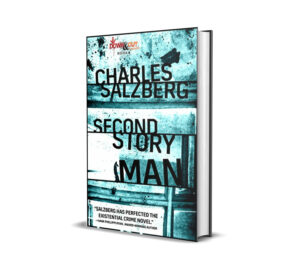
“Francis Hoyt, Charles Salzberg’s brilliant burglar anti-hero from SECOND STORY MAN, is back on the prowl in MAN ON THE RUN. Old-school crime meets the podcast age as Hoyt tangles with a true-crime reporter as well as fellow felons and the law. Like his hero, Salzberg is a total pro who always brings it home.”
– Wallace Stroby, author of HEAVEN’S A LIE
“Charles Salzberg is a genius at not only crafting a helluva page-turner of a heist novel, but he also manages to make the reader care about Francis Hoyt, master burglar and pathological narcissist. Hoyt is the man on the run, and the story of how he eludes the law, the mob, and a retired cop who has become his personal nemesis packs a solid punch and leaves you rooting for the guy who’d steal your family jewels without breaking a sweat.”
–James Benn, James R. Benn, author of the Billy Boyle WWII mystery series
“When it comes to Charles Salzberg’s work, you can expect a hard-edged story, crisp dialogue, and memorable characters. This is certainly true — and then some! – in his latest, MAN ON THE RUN. Featuring master burglar Francis Hoyt, a tough and intelligent criminal who can’t seem to turn down tempting criminal scores despite the inherent danger, MAN ON THE RUN features a true-crime podcast host, a criminal fence, and an investigator hot on the trail of Francis Hoyt as his most challenging and dangerous burglary comes into play. Very much recommended.”
–Brendan DuBois, award-winning and New York Times bestselling author
“Man on the Run grips you from the opening page and doesn’t let go. The plot will leave you breathless with anticipation as a master burglar and a crime podcaster try to outwit and outmaneuver each other before an outrageous heist. There’s nothing better than smart characters, with smart dialogue, going head-to-head. You won’t want to miss a twist or turn.” –Michael Wiley
“It’s a battle of wits and nerves as a cop, a robber, and a journalist dance around each other weaving a tapestry of deceit and suspense. Salzberg’s dialogue flows like water until it finds truth in this most entertaining read.” –Matt Goldman
Additional Works by Charles Salzberg

In an interview, Charles Salzberg can discuss:
- Why success and ambition are key themes in the novel, and how these themes comment on present-day American society
- How his noteworthy experience as a writing instructor shaped his career as an author
- Why constructing morally gray characters creates compelling and thought-provoking stories
- His experience with Prison Writes, a therapeutic, trauma-informed writing program for incarcerated people, helped inform his craft
- What readers can expect next in his career as a renowned crime author
An Interview with
Charles Salzberg
1. You have described “Man on the Run” as being a continuation of your previous work, “Second Story Man,” why did you decide to revisit Francis Hoyt’s story?
When I completed “Second Story Man,” I had no intention of revisiting any of the characters. But after finishing “Canary in the Coal Mine,” and casting around to see what I’d tackle next, I started thinking about Francis Hoyt. Without giving away spoilers, I began to wonder what happens to a character like him after his book ends. I sat with that question for several months before deciding I’d see for myself. At the same time, during the pandemic one of the things I did to pass time was listen to true crime podcasts–a lot of them, especially how they jump into cold cases or cases in the news. I thought it would make perfect sense to create a podcaster–many of them are women–who inadvertently passes through Hoyt’s life. At that point, the seed of a story was planted. But I also became much more crime “literate,” and so a secondary plot line in the novel is based on an actual event.
2. “Man on the Run” features cutthroat characters who are ambitious, almost to a fault. How do themes of obsession with success comment on a larger societal trend you see in American culture?
I try not to get too political publicly because no matter where you stand you’re going to piss someone off. But that doesn’t mean politics doesn’t affect my fiction. For quite a long time I’ve noticed that Americans are obsessed with winning, about beating and sometimes humiliating opponents. We even had a president who promised so much winning that we’d get tired of it–I doubt that could ever happen. But I think there’s a downside to all that competitiveness, especially the win-at-any-cost attitude. And so that’s how Francis Hoyt came to be. He’s obsessed with being the best and he’ll do anything to win. And so, in both “Second Story Man” and “Man on the Run,” I explore the ramifications of this obsession–and to some extent I think we all have it. But sometimes, I think, it can backfire and cause serious problems for everyone. An exploration of that is a big part of “Man on the Run.”
3. You’re a board member of Prison Writes, an organization that uses trauma-informed practices to support literacy for incarcerated folks. How does your affiliation with this organization inform your writing as a crime author?
I certainly didn’t join PrisonWrites with that in mind, but as it happens working with those who are incarcerated (or recently out of the prison system) does teach me a little about crime, especially motivation. But it’s also incredibly inspirational. Before the pandemic, I was part of a three-person team that went up to the federal facility, Otisville, in upstate New York, to work with incarcerated men. When we got there, I was shocked to see at least forty men sitting in a large gymnasium-like area, all there to learn something about writing–and it was not mandatory. In fact, when we asked, I think almost every one of the men was already doing some kind of writing, especially journaling. I never ask what they’ve done in the past, because I don’t want to pre-judge them in any way, but it is fascinating to hear their stories–it really gives a sense of humanity to each of them and by extension us. It’s the idea that many of us, put in the right circumstances, might be capable of some pretty nasty things.
4. Your novel features a true crime podcast host. Did you derive inspiration from real true crime podcasts you’re currently listening to? Any that you’d recommend to readers?
As I said earlier, I came to the true crime podcast pretty late in the game, and only because of Covid. But man, after the first one, I was hooked. I’ve got a lot of favorites, but some of them are “Crimetown,” about the city of Providence, “Someone Knows Something,” “Chameleon,” (all seasons), and anything by Dan Taberski (he doesn’t handle crime per se, but his podcasts are fascinating, especially the one that searches for Richard Simmons, and “The Shrink Next Door.” But there are so many important podcasts, especially one like “In the Dark,” which in one season examines the case of a man who’s been tried four times for the same crime and was sitting on Death Row for a crime he likely didn’t commit (no spoilers here).
5. What do you hope readers will gain from “Man on the Run”?
That’s a tough one because, to be honest, I don’t think much about what my audiences might get from my writing. In fact, I don’t even think of myself as having an “audience.” But now that I’m asked, I think the first thing I’d want is that people reading it enjoy what they’re reading. And beyond that, maybe get some insight into human behavior. Because for me, crime is all about human behavior and the relationships we have in life and how those relationships sometimes fracture with devastating results. But the one crime I don’t have any (or very little) interest in is serial killers. And for that matter, I don’t write murder mysteries and although there might be a murder in some of my books, it’s always there to tell us something about the characters. And so, most of my books are corpse-free. There are plenty of other crimes to write about. I’ll leave murders to my friends who handle it so well.
6. What’s next for your writing career?
I’m a little more than a third into my next novel. I’m at the stage where I don’t even have a title for it that I’m happy with–so, I’m just calling it “Searching for Allie,” (but I can pretty much promise you that’ll change.) One of my characters has ESP, he can see things that have happened in the past. But the catch is, only one person in the world, his best friend, knows he has this ability. He’s actually a little afraid of it–it’s an albatross around his neck. And so he constantly avoids any “images” that might come to him–and so when his best friend’s college-age daughter comes up missing and he’s asked to help, which means like it or not, he has to deal with this “thing” he has. I don’t write with an outline–I never know where the story is going–so I’m afraid I can’t give you a plot summary.

A former award-winning journalist with national exposure, Marissa now oversees the day-to-day operation of the Books Forward author branding and book marketing firm, along with our indie publishing support sister company Books Fluent.
Born and bred in Louisiana, currently living in New Orleans, she has lived and developed a strong base for our company and authors in Chicago and Nashville. Her journalism work has appeared in USA Today, National Geographic and other major publications. She is now interviewed by media on best practices for book marketing.
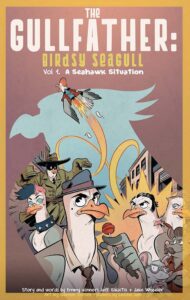
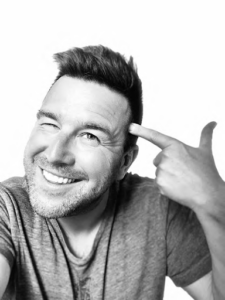
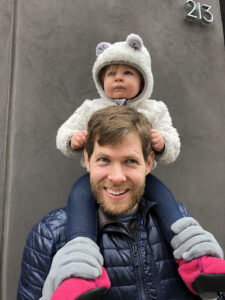
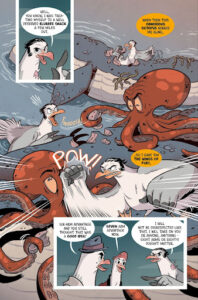
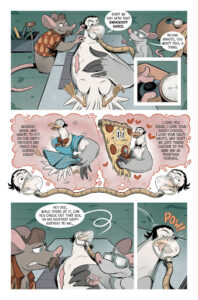
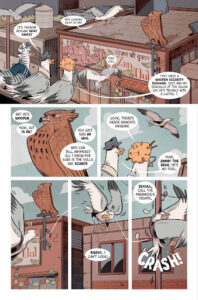
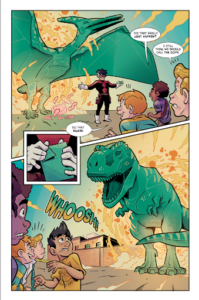
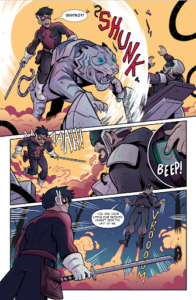
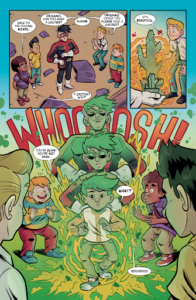
 WASHINGTON, D.C.
WASHINGTON, D.C.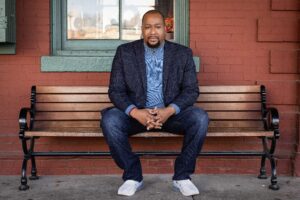
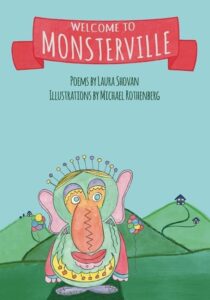
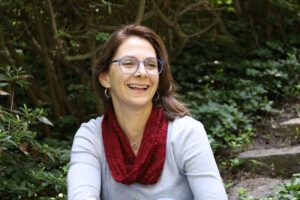 Laura Shovan
Laura Shovan 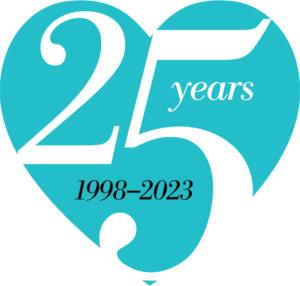

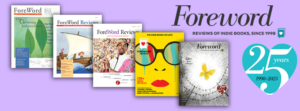
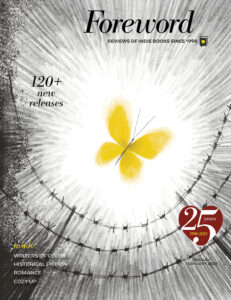
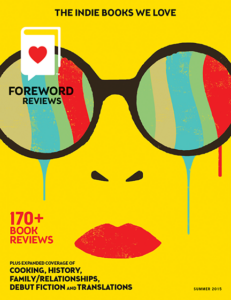
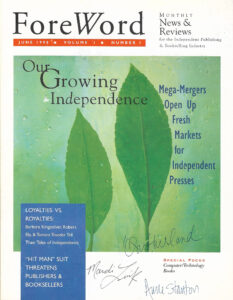
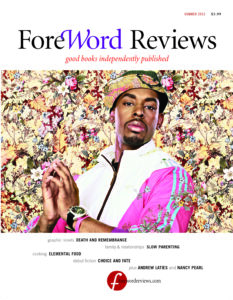
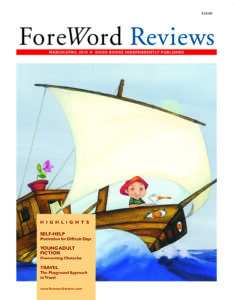
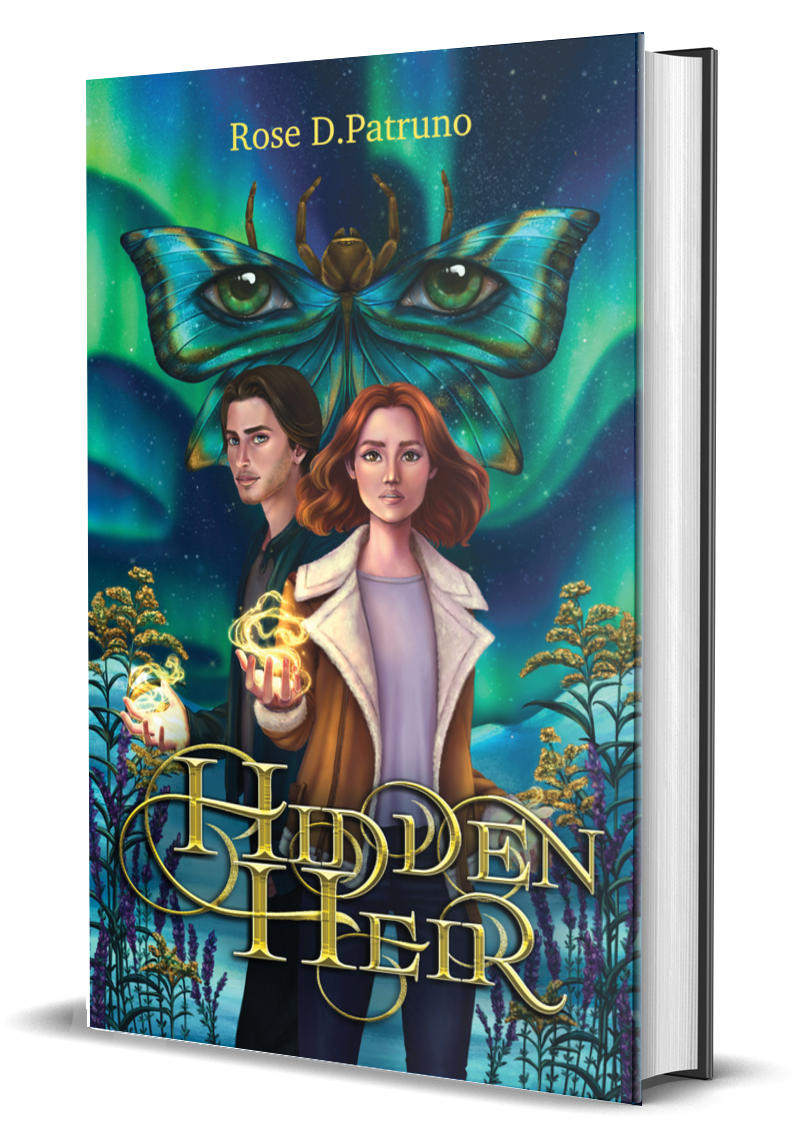 Perfect for fans of the Off-Campus series, and those who are over the Alpha Male trope
Perfect for fans of the Off-Campus series, and those who are over the Alpha Male trope Rosanna Patruno: From her youth spent in Puglia, a wild region in the south of Italy, Rose has retained a love for the culinary preparation of beautiful natural products. And when still a teen, she decided to become a writer without knowing anything about this world; Rose never imagined for a moment what her path would be. At the age of twenty she defied the path laid out by her patriarchal family and escaped, leaving her family and this region behind, to follow her own passion – that of art and literature to discover Paris. There she took art classes, immersing her creativity between anatomy morphology and the art of watercolor along with Theater, which sharpened her sense of observation and her art of human portraiture – two skills she offers in her writing. Later, she developed her knowledge of pre-Christian myths, a passion she shares with her husband. Her life as a writer comes from a well of decisions and encounters: “A novel may begin life as an anecdote, but sharing is where it is truly born. It is not something that we premeditate. But the desire to have amusement and excitement can only stem from our original creations for which the inspiration flows from our own memories – the surprises of life”.
Rosanna Patruno: From her youth spent in Puglia, a wild region in the south of Italy, Rose has retained a love for the culinary preparation of beautiful natural products. And when still a teen, she decided to become a writer without knowing anything about this world; Rose never imagined for a moment what her path would be. At the age of twenty she defied the path laid out by her patriarchal family and escaped, leaving her family and this region behind, to follow her own passion – that of art and literature to discover Paris. There she took art classes, immersing her creativity between anatomy morphology and the art of watercolor along with Theater, which sharpened her sense of observation and her art of human portraiture – two skills she offers in her writing. Later, she developed her knowledge of pre-Christian myths, a passion she shares with her husband. Her life as a writer comes from a well of decisions and encounters: “A novel may begin life as an anecdote, but sharing is where it is truly born. It is not something that we premeditate. But the desire to have amusement and excitement can only stem from our original creations for which the inspiration flows from our own memories – the surprises of life”.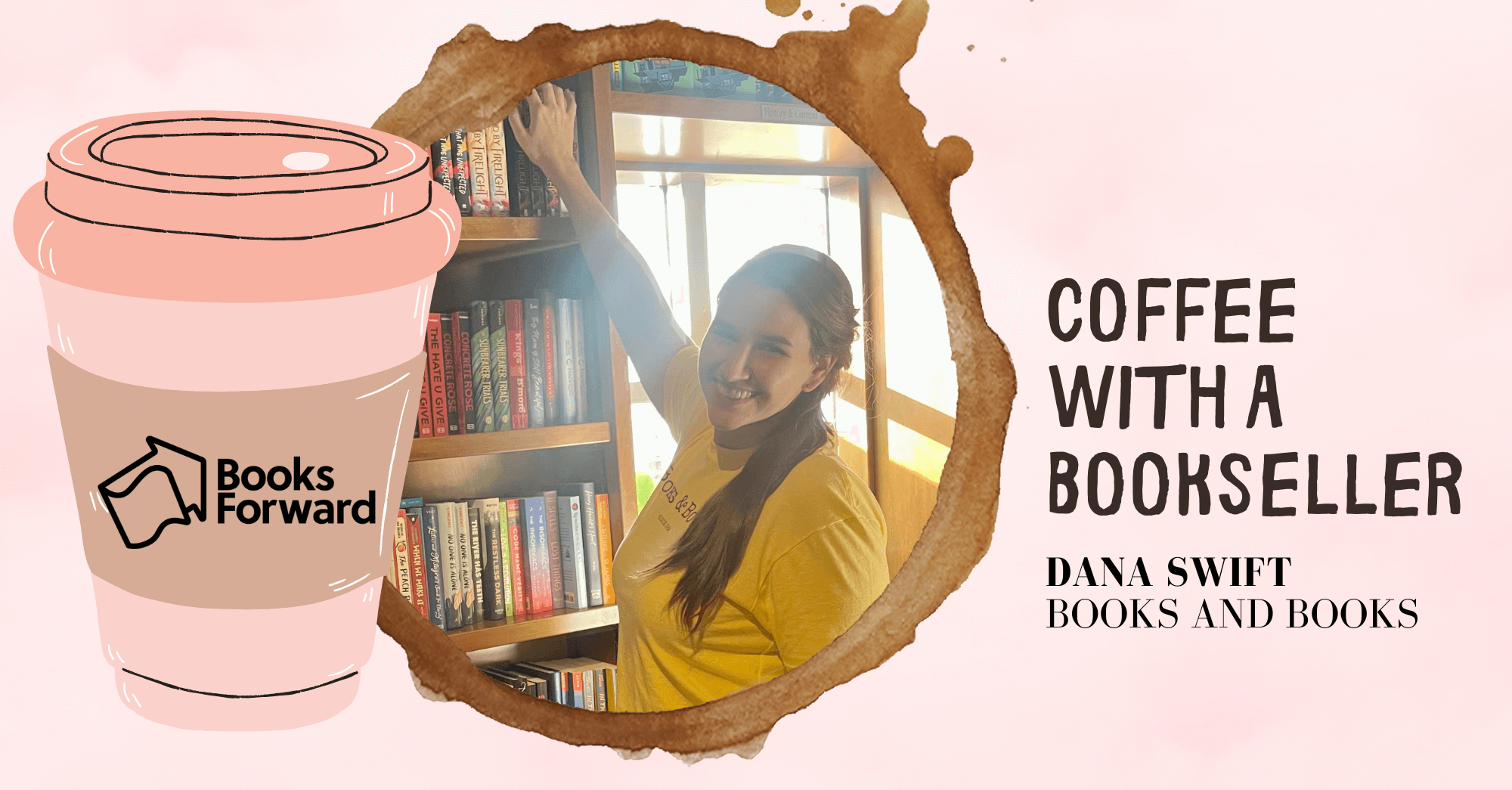

 What’s your favorite area of your bookstore?
What’s your favorite area of your bookstore?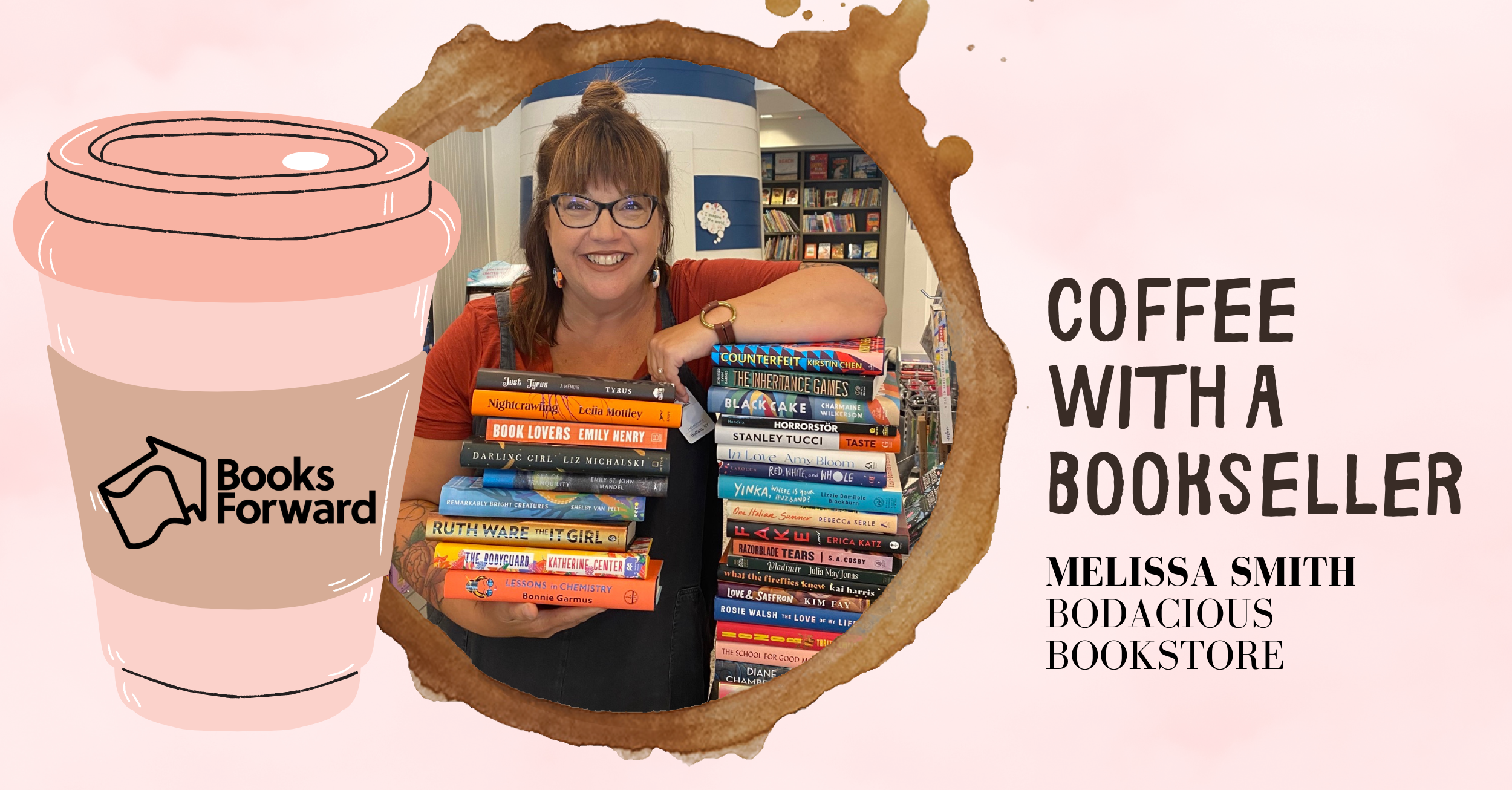
 What’s your favorite area of your bookstore?
What’s your favorite area of your bookstore? 
 What’s the best dedication or first line of a book that you can remember?
What’s the best dedication or first line of a book that you can remember?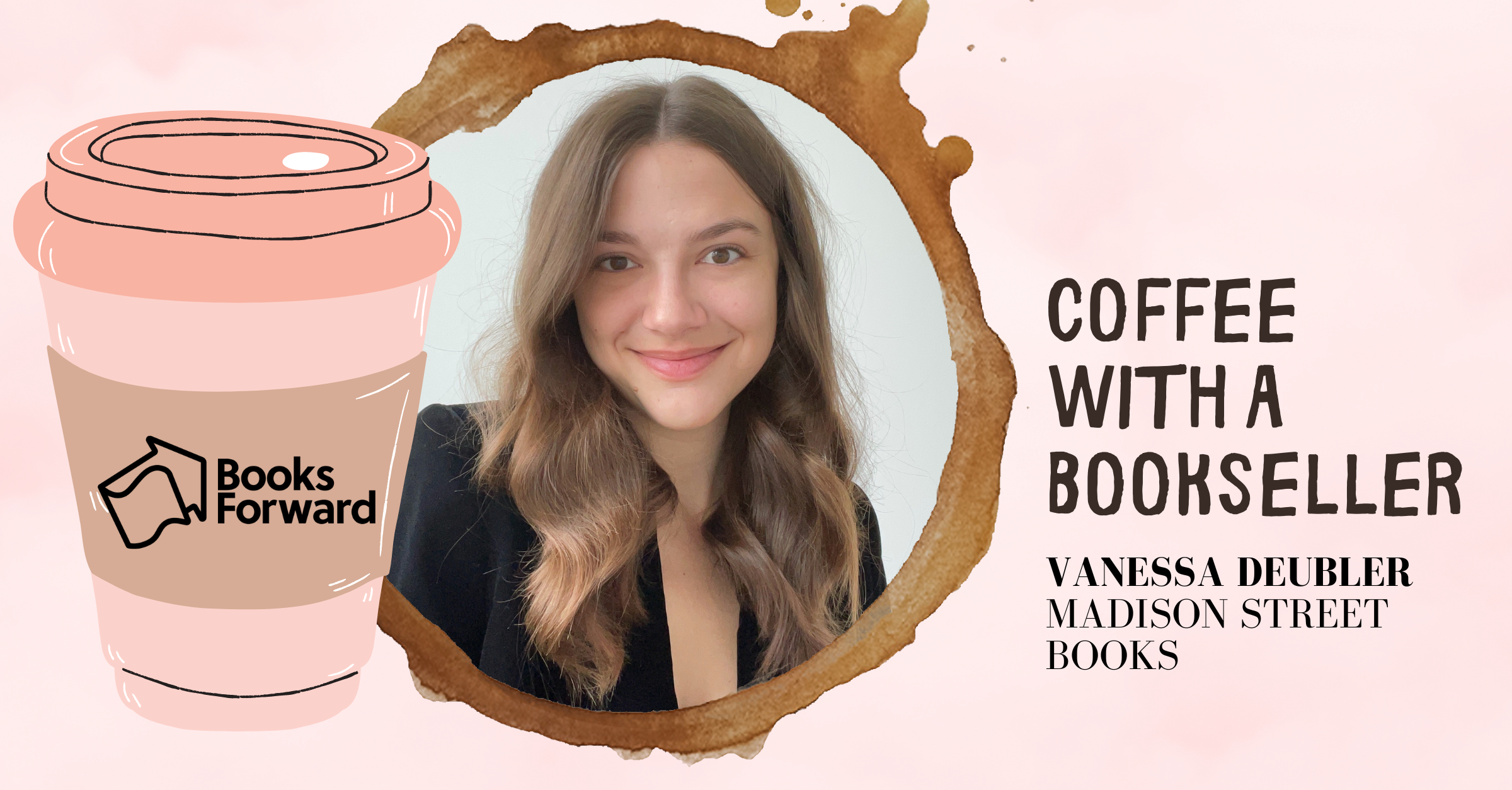
 What’s your favorite area of your bookstore?
What’s your favorite area of your bookstore? Can you recommend an underrated readalike book for one of the store’s top titles?
Can you recommend an underrated readalike book for one of the store’s top titles?
